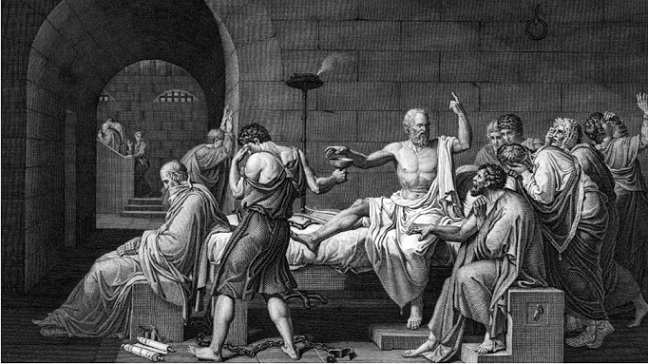It’s more than two millennia since the philosopher Socrates argued that humility is the greatest of all virtues. His timeless observation was that the wisest people are the first to admit how little they really know.
Science has been slow to catch up to this argument, but the last decade has offered a spate of new studies examining this trait and its effects on our thinking and reasoning. According to this research, people with greater humility are better learners, decision-makers and problem solvers. One study even found that someone’s humility could trump actual IQ in predicting their performance.
The latest findings suggest that the trait is especially important for leaders, with evidence that displays of humility can improve strategic thinking and boost the performance of colleagues across an organisation.

Two milllenia ago, the Greek philosopher Socrates argued that humility was the wisest of all virtues (Credit: Getty Images)

A 2013 study showed that the students rated humblest achieved better grades than those who were considered to have more inflated opinions of themselves (Credit: Getty Images)

Angela Merkel’s scientific background is sometimes credited with giving her greater intellectual humility and her consequent ability to govern (Credit: Getty Images)

